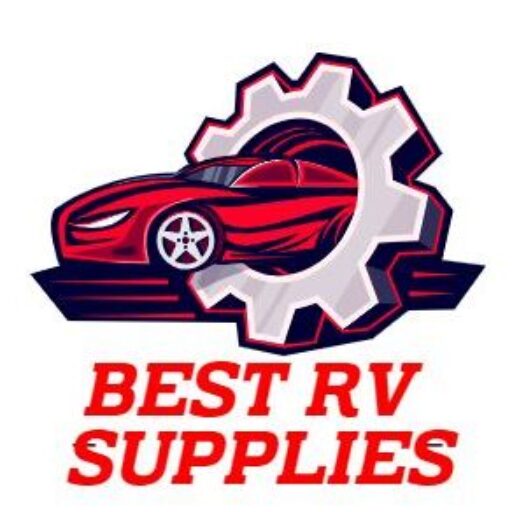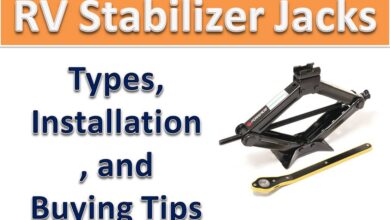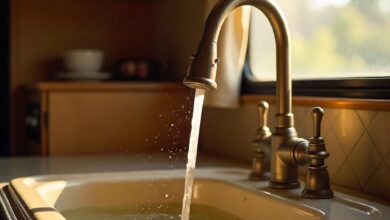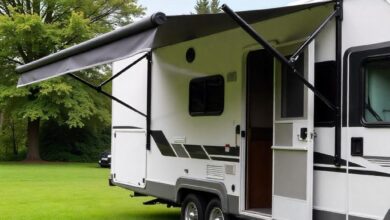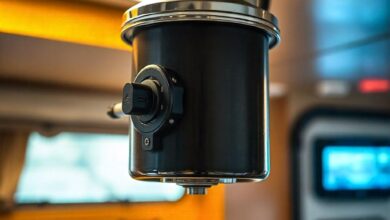The Ultimate Guide to RV Water Filters
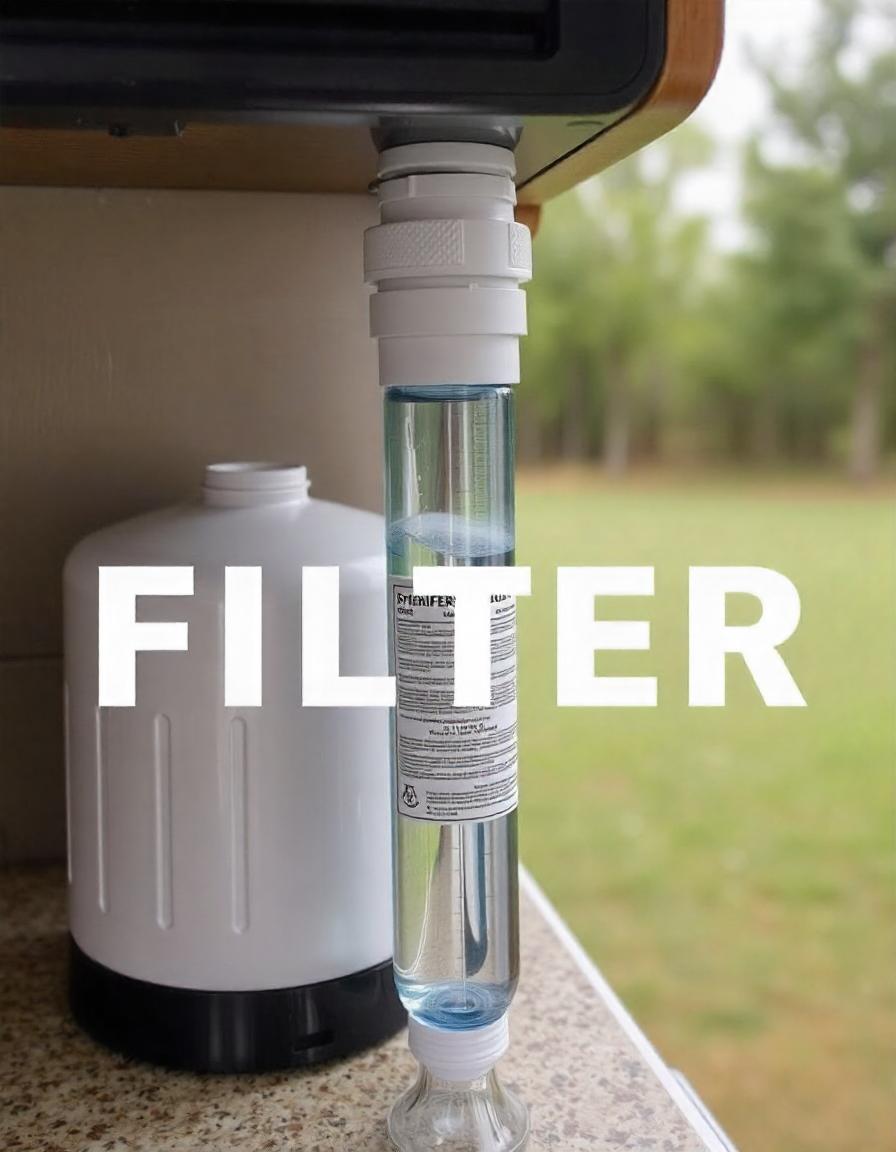
Traveling in an RV offers the freedom to explore the great outdoors while enjoying the comforts of home. However, one crucial aspect often overlooked by many RV enthusiasts is the quality of the water they consume. An RV water filter is essential for ensuring clean, safe drinking water. In this guide, we’ll explore the importance of RV water filters, the types available, how to choose the right one, and maintenance tips to keep your water clean.
Table of Contents
Key Takeaway Points
- Importance of Clean Water: Ensuring safe drinking water is essential for health while traveling in an RV, as untreated water can contain harmful contaminants.
- Types of RV Water Filters:
- Inline Filters: Easy to install, affordable, but require frequent replacements.
- Under-Sink Filters: Higher filtration capacity and better taste, but more complex to install.
- Water Pitcher Filters: Portable and simple to use, but have limited capacity.
- Reverse Osmosis Systems: Offer the highest purification but are more expensive and require maintenance.
- Whole-House Filters: Filter all water entering the RV; higher initial investment but long-lasting.
- Choosing the Right Filter: Consider filter type, flow rate, lifespan, ease of installation, size, and certifications (like NSF or ANSI).
- Top Filters on the Market: Popular options include Camco TastePURE, APEC Water Systems, and Aquasana, each with varying features and price points.
- Installation and Maintenance:
- Follow specific installation steps for different filter types.
- Regularly check and replace filters according to manufacturer guidelines.
- Safe Water Practices:
- Regularly test water quality using a testing kit.
- Use food-grade hoses for filling tanks and clean hoses and tanks periodically.
- Stay Informed: Familiarize yourself with common contaminants and health risks to make informed choices about your RV water filter.
By keeping these points in mind, you can ensure a safe and enjoyable RV travel experience with access to clean drinking water.
1. What is an RV Water Filter?
An RV water filter is a device designed to remove impurities and contaminants from the water supply in recreational vehicles. These filters work by employing various filtration methods to ensure that the water you consume is free from harmful substances. Contaminants such as bacteria, sediments, and chemicals can pose health risks, making it vital to filter your water before consumption.
How RV Water Filters Work?
Most RV water filters utilize a combination of physical, chemical, and biological filtration methods. For example, activated carbon filters remove chlorine and other chemicals, while sediment filters trap larger particles like dirt and rust. Some advanced systems, like reverse osmosis filters, provide a higher level of purification by removing up to 99% of dissolved solids.
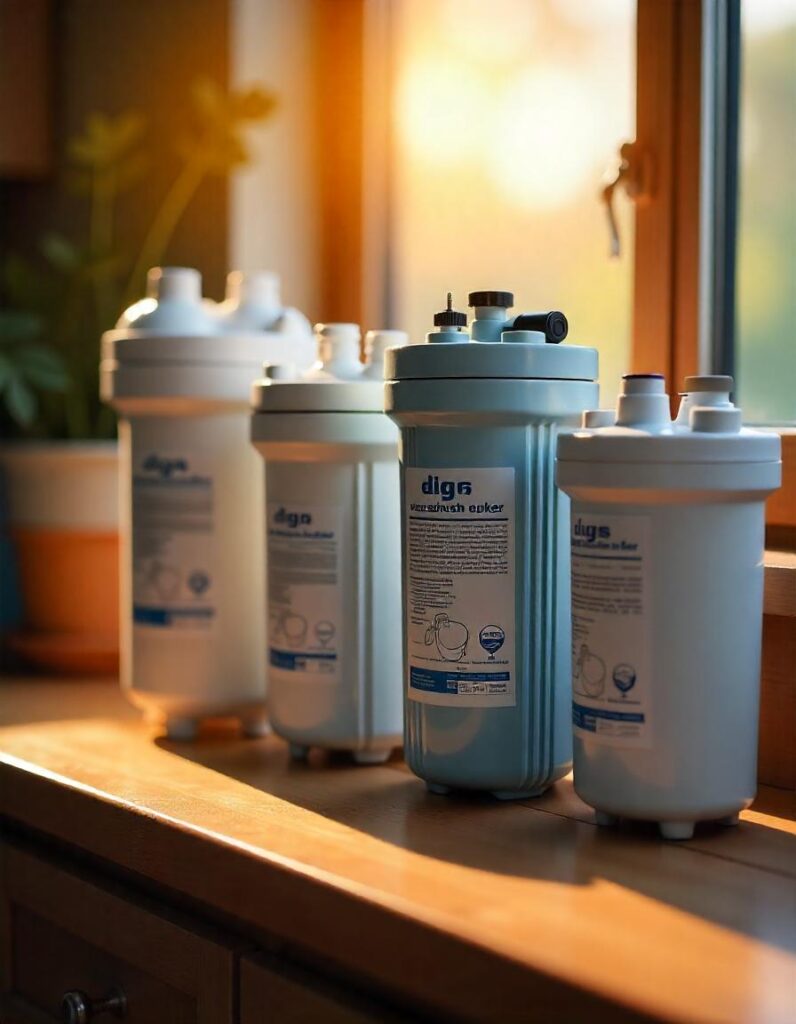
2. Why You Need an RV Water Filter
Health Benefits of Clean Water
Clean water is crucial for maintaining good health, especially during long trips. Consuming contaminated water can lead to gastrointestinal issues, infections, and other health problems. An RV water filter helps ensure that you and your family stay healthy while traveling.
Contaminants in Untreated Water
When filling your RV’s water tank from public sources, you may unknowingly expose yourself to various contaminants, including:
| Contaminant | Potential Health Effects |
|---|---|
| Bacteria | Gastroenteritis, infections |
| Sediment | Clogs in plumbing, poor taste |
| Chlorine | Skin irritation, unpleasant taste |
| Heavy metals | Long-term health risks, including cancer |
Real-Life Stories
Many RV travelers have experienced the adverse effects of drinking untreated water. Reports of illnesses linked to contaminated water sources have increased, highlighting the necessity of investing in a reliable water filtration system.
3. Types of RV Water Filters
Choosing the right RV water filter depends on your specific needs. Here’s a breakdown of the most common types:
Inline Water Filters
Description: These filters connect directly to your RV’s water supply hose, providing filtered water as it enters your tank.
| Pros | Cons: |
|---|---|
| Easy to install and replace. | Limited lifespan; typically requires frequent replacement. |
| Inexpensive. |
Under-Sink Filters
Description: These filters are installed beneath the sink and provide filtered water directly to your faucet.
| Pros: | Cons: |
|---|---|
| High filtration capacity. | More complex installation. |
| Better taste and odor removal. | Takes up under-sink space. |
Water Pitcher Filters
Description: Similar to standard home water pitchers, these filters hold a limited amount of water for consumption.
| Pros: | Cons: |
|---|---|
| Portable and easy to use. | Limited capacity. |
| Affordable | Requires manual filling. |
Reverse Osmosis Systems
Description: Advanced filtration systems that remove nearly all contaminants, including dissolved solids.
| Pros: | Cons: |
|---|---|
| Highest level of purification. | More expensive. |
| Ideal for long-term travelers. | Requires more space and maintenance. |
Whole-House Filters
Description: These systems filter all water entering your RV, providing comprehensive protection.
| Pros: | Cons: |
|---|---|
| Protects all faucets and appliances. | Higher initial investment. |
| Long-lasting. | Requires professional installation. |
4. Key Features to Consider When Choosing an RV Water Filter
When selecting an RV water filter, consider the following features:
Filter Type and Technology
Different filters use varying technologies, such as activated carbon, UV purification, and reverse osmosis. Choose a filter that meets your specific needs based on the contaminants you are most concerned about.
Flow Rate
The flow rate indicates how quickly water can pass through the filter. A higher flow rate is preferable for maintaining a steady water supply, especially when using multiple faucets simultaneously.
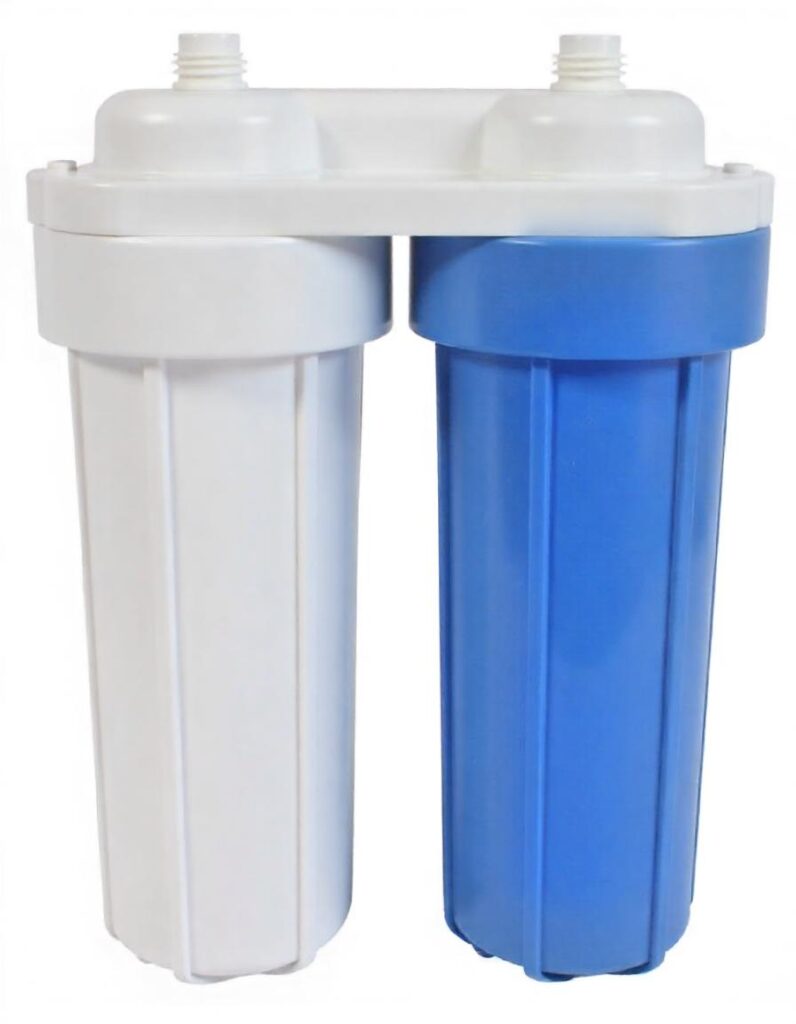
Filter Lifespan
Check the lifespan of the filter to understand how often it needs replacing. Longer-lasting filters may save you money and reduce maintenance efforts.
Ease of Installation
Some filters require professional installation, while others can be easily set up by the user. Consider your comfort level with DIY projects.
Portability and Size
If you plan to travel frequently, a compact and lightweight filter system will be easier to manage. Consider how much space you have in your RV.
Certifications
Look for filters certified by organizations like NSF or ANSI. These certifications ensure that the product meets specific safety and performance standards.
Read Also : How to Get a Bonded Title for an RV? : : Ultimate Guide to RV Maintenance: Keep Your RV in Top Shape : : The Essential Guide to RV Cleaner: Keeping Your RV Spotless
5. Top RV Water Filters on the Market
Here’s a comparison of some popular RV water filters based on features, price, and user ratings:
| Filter Name | Type | Price Range | Flow Rate (GPM) | Filter Lifespan | Rating (out of 5) |
|---|---|---|---|---|---|
| Camco TastePURE | Inline | $20 – $30 | 2.5 | 3 months | 4.5 |
| APEC Water Systems | Reverse Osmosis | $250 – $400 | 0.5 | 1 – 2 years | 4.8 |
| Berkey Water Filter | Pitcher | $40 – $60 | 0.5 | 1 year | 4.7 |
| Waterdrop 10Cup | Under-sink | $50 – $80 | 1.2 | 6 months | 4.6 |
| Aquasana Whole House | Whole-House | $300 – $500 | 7.0 | 6 months | 4.5 |
6. How to Install and Maintain Your RV Water Filter?
Installation Guide
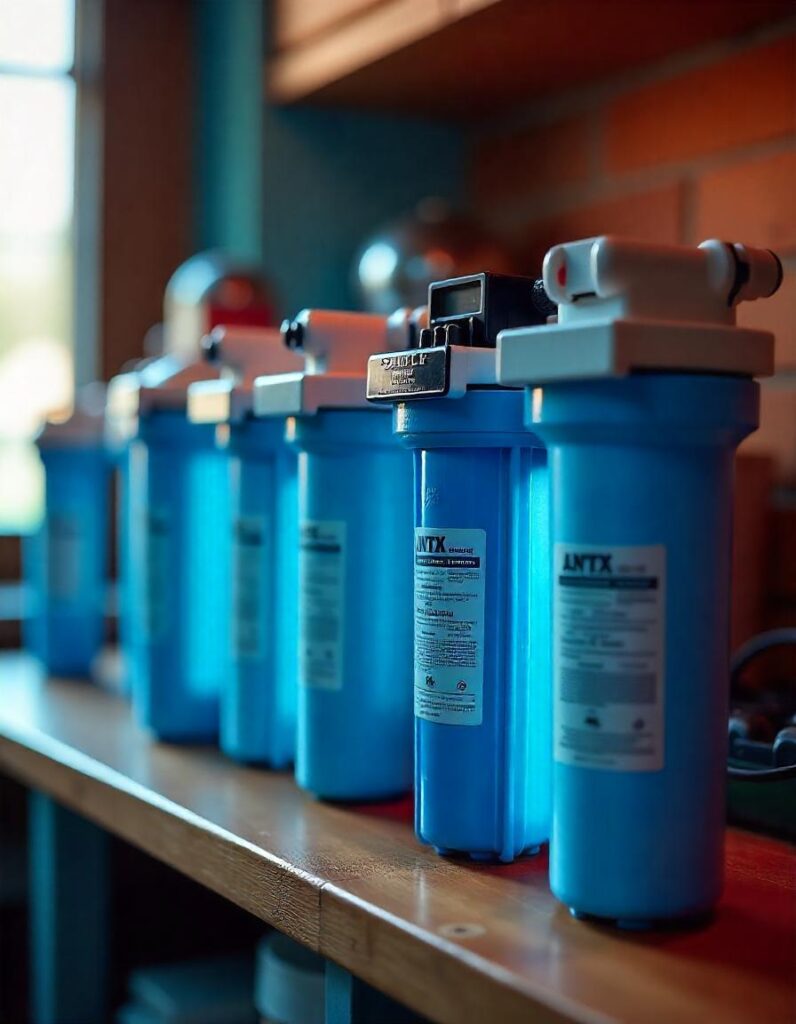
Inline Filter
- Turn off the water supply to your RV.
- Remove the existing hose and replace it with the inline filter.
- Secure the connections and turn the water supply back on.
Under-Sink Filter
- Turn off the water supply and disconnect the existing faucet.
- Follow the manufacturer’s instructions to install the filter under the sink.
- Connect the new faucet to the filter and turn the water supply back on.
Maintenance Tips
- Regularly check filters for signs of wear or clogging.
- Replace filters according to the manufacturer’s guidelines.
- Clean the water hoses and tanks periodically to prevent contamination.
7. Frequently Asked Questions (FAQs)
How often should I change my RV water filter?
Most filters should be replaced every 3 to 6 months, but always check the manufacturer’s recommendations for specific timelines.
Can I use regular home water filters in my RV?
While some home filters may work in an RV, it’s best to use filters specifically designed for RV use to ensure compatibility and effectiveness.
What should I do if my water filter smells bad?
If your filter develops an odor, it may be time to replace it. Regular maintenance and cleaning can help prevent this issue.
Conclusion
An RV water filter is an essential investment for anyone who wants to ensure clean, safe drinking water while traveling. With various types available, you can find one that suits your needs and budget. By considering key features, maintaining your filter, and adopting safe water practices, you can enjoy peace of mind and a healthier travel experience. So gear up, explore the open road, and drink confidently with a reliable RV water filter!
